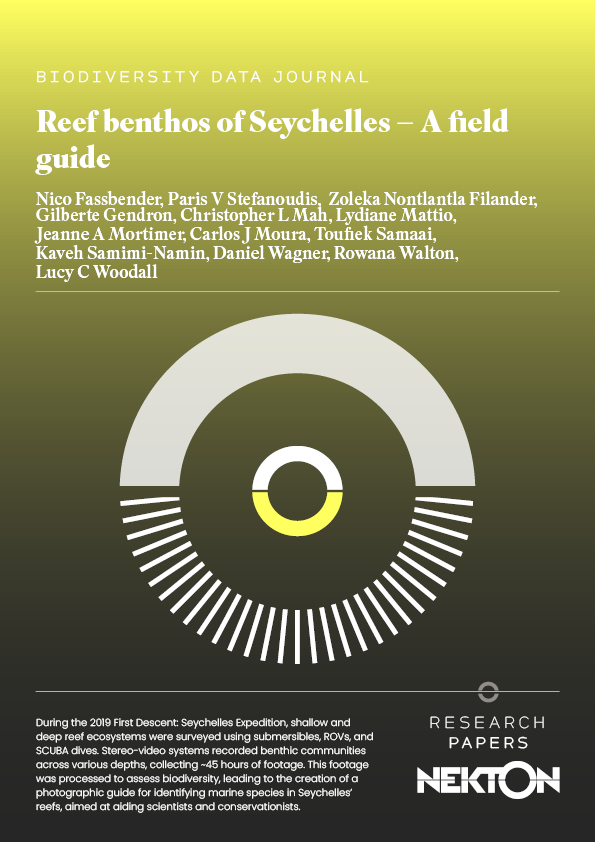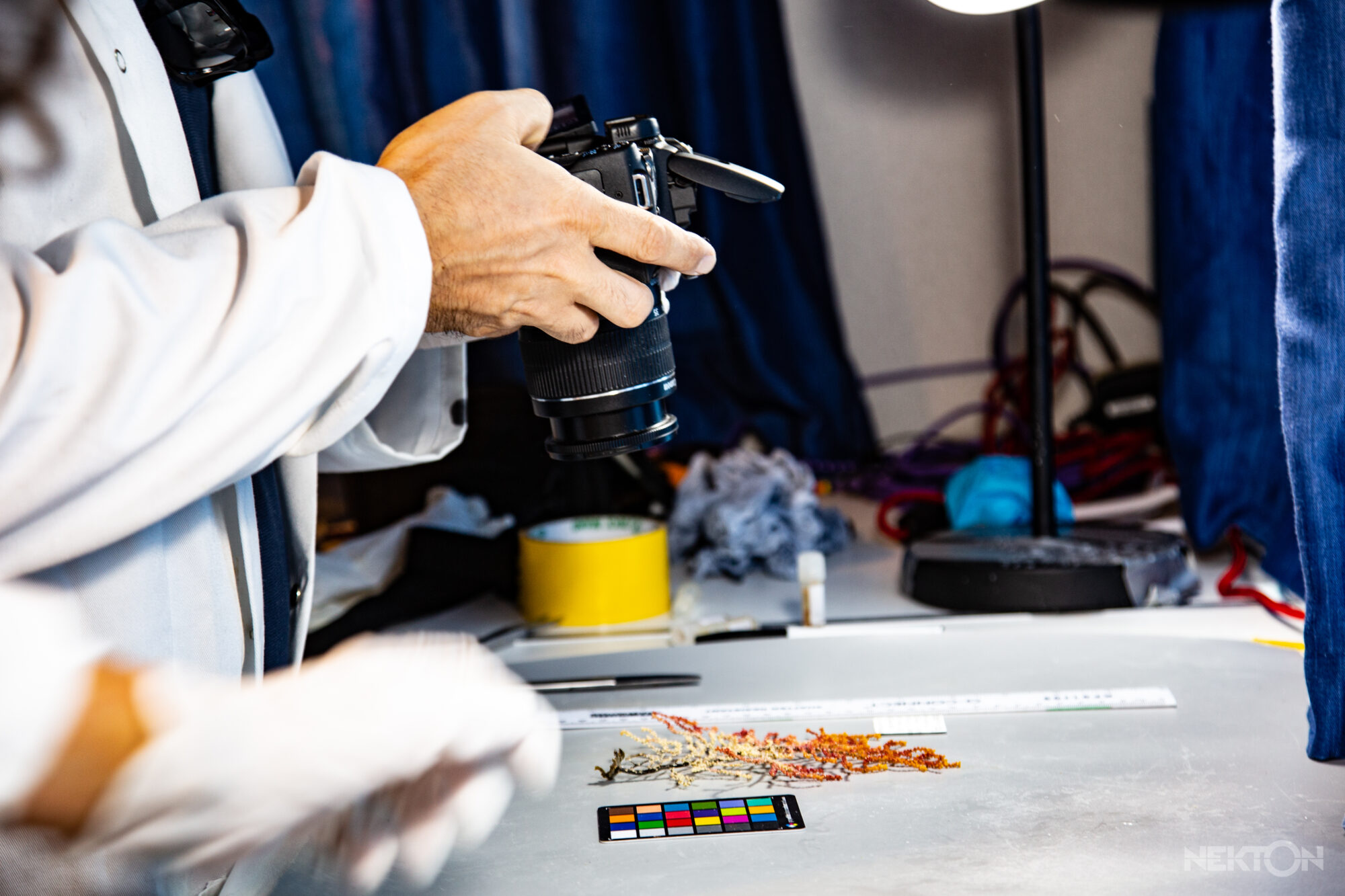Reef benthos of Seychelles – A field guide


This paper explores the benefits of a transdisciplinary approach to marine research, using a case study from the Seychelles to illustrate the advantages of co-development, co-production, and co-dissemination in scientific research. The study highlights how collaboration between national and international parties can address issues of inequitable access to research resources and produce more effective scientific outcomes.
Through joint fieldwork, shared leadership, and the inclusive dissemination of research findings, the authors demonstrate how transdisciplinary partnerships can result in both short-term and long-term benefits for local communities, scientists, and policymakers. The research also addresses the challenges of “parachute science,” where external researchers undertake fieldwork in other nations without sustained collaboration or knowledge sharing with local stakeholders.
The paper provides a roadmap for how meaningful engagement, respect for local expertise, and shared goals can contribute to more equitable and impactful scientific research, offering lessons for future marine research initiatives worldwide.
Key Points:
Demonstrates the benefits of transdisciplinary research, where local and international partners co-develop and co-lead scientific projects.
Focuses on the need for equitable access to marine research and the importance of sharing findings with local communities and governments.
Provides recommendations for future research partnerships to foster long-term collaboration and local capacity building.
Nico Fassbender, Paris V Stefanoudis, Zoleka Nontlantla Filander, Gilberte Gendron, Christopher L Mah, Lydiane Mattio, Jeanne A Mortimer, Carlos J Moura, Toufiek Samaai, Kaveh Samimi-Namin, Daniel Wagner, Rowana Walton, Lucy C Woodall
